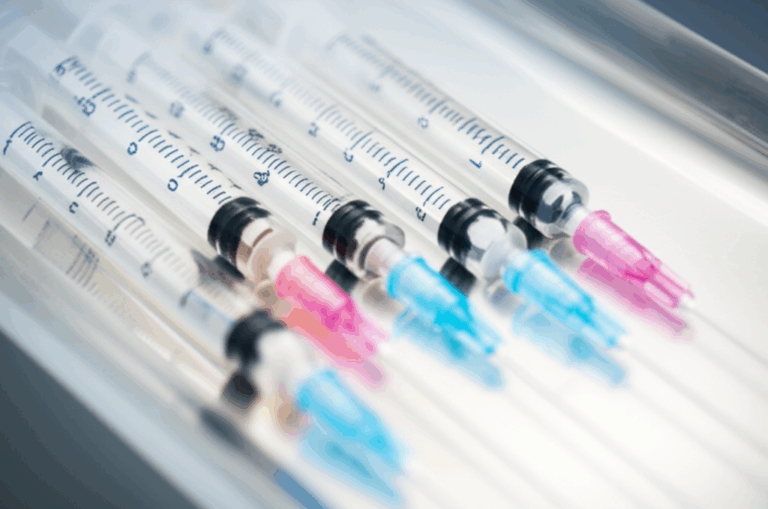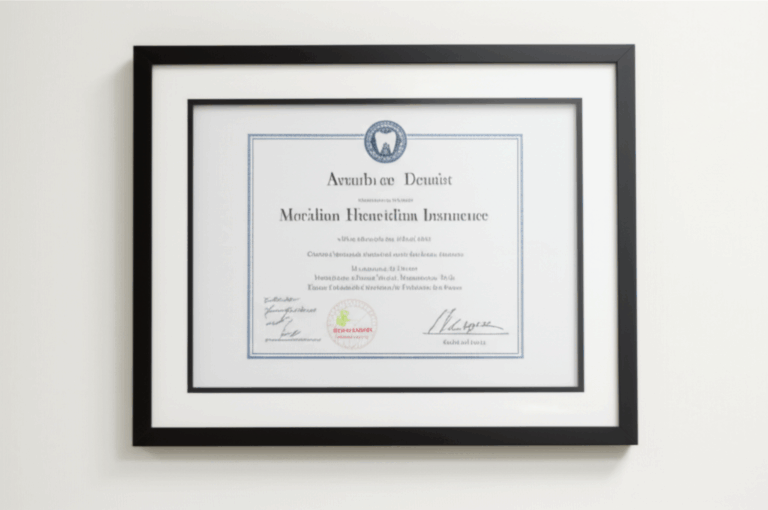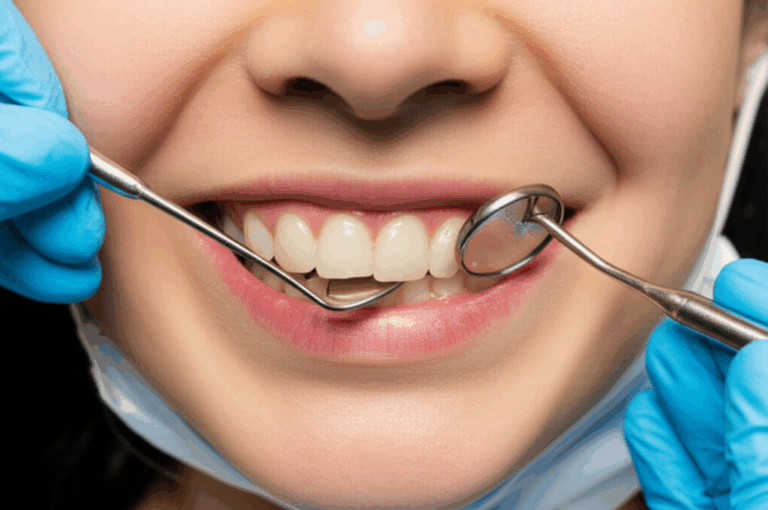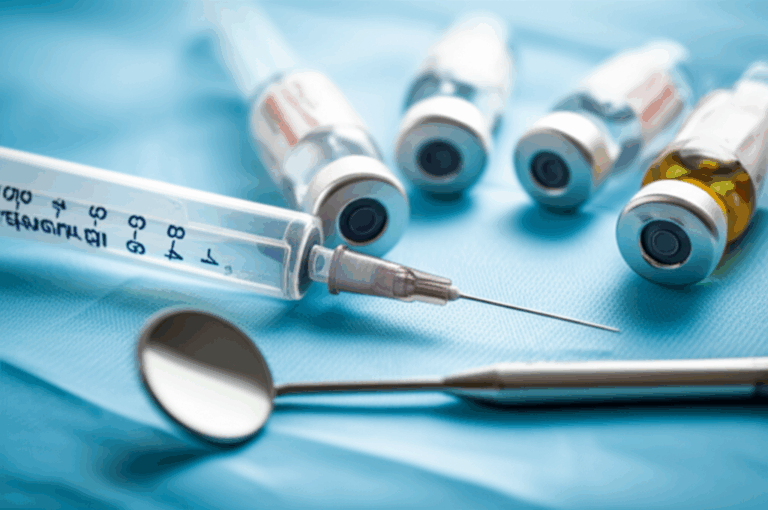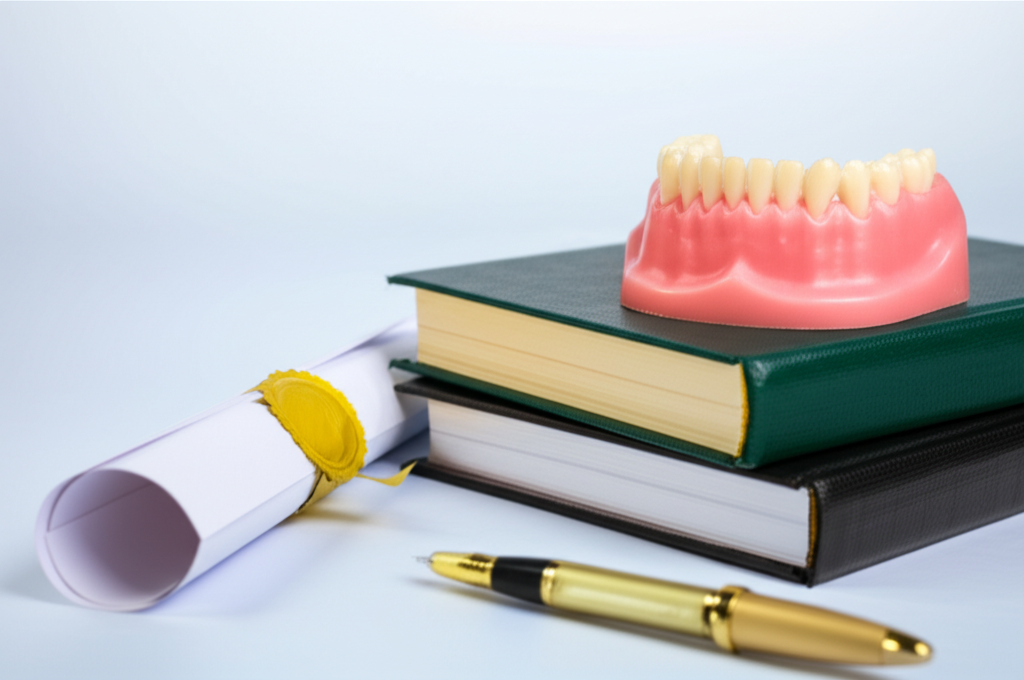
How to Become a Dentist: My Complete Guide to Educational Requirements (DDS/DMD)
Table of Contents
- High School: Starting Early
- College (Undergraduate Years)
1. Introduction: The Journey Begins
When I first thought about being a dentist, I had no idea how much time and planning it would really take. So if you’re here because you’re wondering what it actually takes—from high school to getting your license—you’re already ahead of where I started.
Dentistry is tough but also very rewarding. I went through every step, and I want to give you a clear and honest idea of what you need to do, the choices you must make, and how much you need to stick with it to get there. I’ll share what I learned, the hard spots I hit, and some tips that really helped me. Let’s start at the beginning.
2. Building a Foundation – High School & College
High School: Starting Early
My journey, like lots of dentists I know, began in high school. I was surprised how much early science and math classes mattered later. Here’s what I learned: If you can, take extra science classes—biology, chemistry, physics, and also try to do well in math. Later, these will help you with college classes that you have to take.
When I was a sophomore, I shadowed my family dentist (it was awkward to ask but worth it!). Shadowing in high school really helps you see if you like dentistry, and it looks good when you apply to college and later.
Volunteering also helped me a lot. I spent some weekends at free dental clinics. I learned about caring for people, being patient, and how important oral health is, especially for those who don’t have much access to care. Those days stuck with me, both for myself and when I wrote about my journey later.
College (Undergraduate Years)
Choosing a Major: Is It All About Science?
Starting college, I worried a lot about picking the “right” major. Here’s the truth: you don’t have to major in “biology” or “chemistry” to get into dental school. I picked biochemistry, but some of my friends majored in psychology, engineering, or even music! The main thing is to finish the required courses and do well.
Essential Pre-Dental Coursework
Most dental schools need you to take these classes. I kept a checklist (thanks to my pre-dental advisor):
- Biology: General biology, genetics, sometimes microbiology
- Chemistry: Two semesters each for general and organic chemistry, plus biochemistry
- Physics: Usually two semesters
- Mathematics: Calculus and/or statistics
- English/Communication: These help you talk well with patients
- Recommended Electives: Anatomy, physiology, psychology, sociology
Dr. Joe Dental, who looked at my plan, said: “Don’t just do the basic stuff. Take more to become the best you can.” I listened and took harder science classes—it helped when I got to dental school.
Keeping Your GPA Competitive
I won’t lie: dental schools really look at your science GPA and your total GPA. Most accepted students have about a 3.6 average; top schools want 3.7 or even higher. One bad semester doesn’t ruin everything, but you need to do well most of the time.
Extracurricular Activities: Beyond the Classroom
Dental Shadowing
Most candidates, like me, had at least 100 hours watching general dentists and some specialists. Some schools have a minimum, but it’s more about showing you’re serious. Seeing many types of dentists (not just one kind) really helped. I made sure to watch in both small towns and in the city, to see the differences.
Volunteering & Community Service
Schools really want kind and caring people. Helping out at shelters and dental events taught me a lot about helping people—things I couldn’t learn from a book.
Research Experience
Not everyone does research, but I enjoyed it. Working in a lab or on projects shows you can think carefully and stick with something for a long time.
Leadership & Manual Dexterity
Dentists need to work with people and have good hand skills. I had officer roles in clubs and kept up hobbies (like piano and sculpting) to keep my hand skills sharp.
3. Conquering the Dental Admission Test (DAT)
The DAT was scary. I spent months getting ready, and here’s what I wish I knew.
Understanding the DAT
The DAT has these parts:
- Survey of Natural Sciences (Biology, Chemistry, Organic Chemistry)
- Perceptual Ability Test (PAT)
- Reading Comprehension
- Quantitative Reasoning
A solid score—around 20-21 for each part—helps you stand out. The Perceptual Ability was hardest for me. I practiced with puzzles at home every day.
Tips for Preparation
Start early—at least six months before the test. I used books, online questions, and practiced with a timer. I also had a study group, which helped me stay on track.
When I got stressed, a friend told me: treat studying like a daily job, not just a big test at the end. That helped me keep going.
4. Navigating the Dental School Application Process
This part felt overwhelming at first. It’s tough—only about 40-50% get accepted—but if you stay organized, you’ll be okay.
Application Timeline
Most dental schools use the AADSAS online form, which opens in late spring or early summer. Apply early if you can. I gathered all my school grades, DAT results, and started getting my reference letters long before it was due.
What You’ll Need
- Transcripts and DAT Scores: Keep copies and be ready to show proof.
- Letters of Recommendation: Choose teachers who really know you. I picked science teachers and a dentist I shadowed.
- Personal Statement: This is your chance to share your true story. Talk about your real experiences with dentistry.
- Supplemental Applications: Some schools want extra essays. Don’t rush those.
Interviews are scary, but they can also be fun. I did practice interviews with friends and read about common questions. My best advice: just be honest, be humble, and show your real reasons for wanting this path.
5. Inside Dental School: DDS or DMD Degree
When I got in, dental school felt very different from anything before.
DDS vs. DMD—What’s the Difference?
This confused me too! Both degrees—Doctor of Dental Surgery (DDS) and Doctor of Dental Medicine (DMD)—are the same in training and what you learn. The school just chooses which name to use.
The Dental School Experience
Years 1–2: Foundation and Pre-Clinical Labs
The first two years were super busy. You learn a ton of science (anatomy, physiology, biochemistry) and spend lots of hours in labs practicing on fake teeth. It’s hard, but you need to build your base.
Years 3–4: Clinical Rotations
Third year, I began working with real patients. Finally, everything started to connect! Each day was different and I learned from every new person I saw.
CODA Accreditation Matters
Really important: only go to dental schools approved by the Commission on Dental Accreditation (CODA). Without it, you can’t take the big exams or get your license.
6. Licensure & Specialization After Graduation
Graduating with a DDS or DMD isn’t the end—you still need a license to practice.
Board Examinations
All U.S. dental students take the Integrated National Board Dental Examination (INBDE). Most of my classmates, and I, passed the first time, thanks to good school prep and doing lots of practice questions.
Most states ask you to also take a practical test on real or fake patients. Every state is a bit different—always check.
Residency and Specialization
Not every dentist specializes. I stayed with general dentistry, but some friends did more years for orthodontics (2-3 years), oral surgery (4-6 years), or pediatric dentistry (2-3 years). These programs can be very competitive.
Some do extra training before starting their own practice, such as Advanced Education in General Dentistry (AEGD) or General Practice Residency (GPR). I think it’s a good idea to at least look at these—many employers like this extra step.
7. Lifelong Learning: Continuing Education
Learning doesn’t stop at graduation. Every state says dentists have to keep learning to renew their license. You might take classes on infection control, new materials (like dental ceramics), or new technologies, just like the work I’ve seen at my local digital dental lab. Keeping up makes you a better dentist and keeps your license.
8. Career Outlook and Financial Realities
Dentistry is steady, pays well, and keeps growing. The U.S. Bureau of Labor Statistics says general dentists earn about $163,220 per year. Specialists like orthodontists usually earn more. Jobs are growing about 6% for the next 10 years—sturdy, since people always need dental care.
But dental school is expensive. I paid between $40,000 and $100,000 each year, and that was just for school, not living stuff. Most of us finished with about $300,000 in student loans. It’s a lot—but with good planning, saving, and maybe owning your own practice or working in a busy office, I found it can pay off after a few years.
9. Is a Career in Dentistry Right for You?
To be honest: this path is not for everyone. There’s years of school, long hours, and you really do have to care about people. You’ll need:
- Dedication for long study nights and patient care.
- Precision with your head and your hands.
- Empathy for patients who are scared or hurting.
- Resilience because sometimes things will not go your way.
If you can see yourself growing and learning along the way, dentistry might be right for you.
10. Conclusion
Looking back, becoming a dentist meant lots of growth, hard times, and also pride. You might feel overwhelmed by the “8 to 10 years” or all the things you’ve got to learn. But every step—from your first shadowing to your first real patient—means a win.
If you decide to try, look for mentors (like I had with Dr. Joe Dental), and stay open. If you stick with it, it’s worth the work.
11. FAQs
How long does it take to become a dentist after high school?
Usually 8 years: 4 for undergrad, 4 more for dental school. Specialties take 2-6 extra years.
Can I become a dentist without a science degree?
Yes—you can pick any major, but must finish the required science classes.
What’s the average cost of dental school?
Each year is about $40,000 (public, in-state) to $100,000 (private/out-of-state). Most people owe about $300,000 when they finish.
What’s the hardest part about becoming a dentist?
For me, it was managing tough classes and real-life stuff at once. For others, it’s building hand skills or working with real patients.
Is dentistry a good job for the future?
With good pay, steady job growth, and a chance to help people, I believe dentistry is still a great choice.
If you’re serious, keep learning, talk to dentists, and start exploring. Whether you end up in private practice, public work, research, or even at a china dental lab, there’s lots of paths if you’re willing to work. Good luck on your journey!

